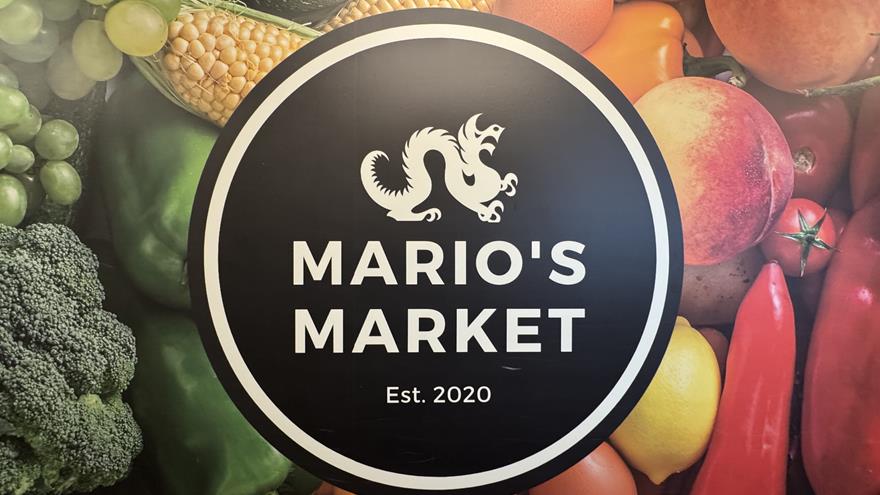Q&A with Genevieve Sherrow: Celiac Disease and Living Gluten-Free

While there is significant anecdotal evidence substantiating the benefits of gluten-free diets for conditions such as autism spectrum disorder, ADHD, eczema, rheumatoid arthritis and hypothyroidism, scientific evidence continues to be varied. Future research may better define the benefits of the gluten-free diet for these conditions and others.
What can students expect from your gluten-free cooking and baking classes?
This quarter I am teaching Introduction to Gluten-Free Baking. It is offered as a special topics course in the culinary program. I also have non-majors in the class who have celiac and gluten intolerance and find it incredibly beneficial. We are making a wide variety of baked products such as cookies, muffins, cakes, yeasted breads, pie crusts and brunch food like pancakes, crepes and waffles.
Students have spent the quarter learning about how to work with gluten-free flour products made from whole grains, nuts and vegetables like brown rice, tapioca and potato starch, millet, quinoa and almond flour. Combining flours is the key in gluten-free baking to create perfectly textured, delicious products. They are also learning tactics involved with baking egg-free and dairy-free.
Drexel News is produced by
University Marketing and Communications.
